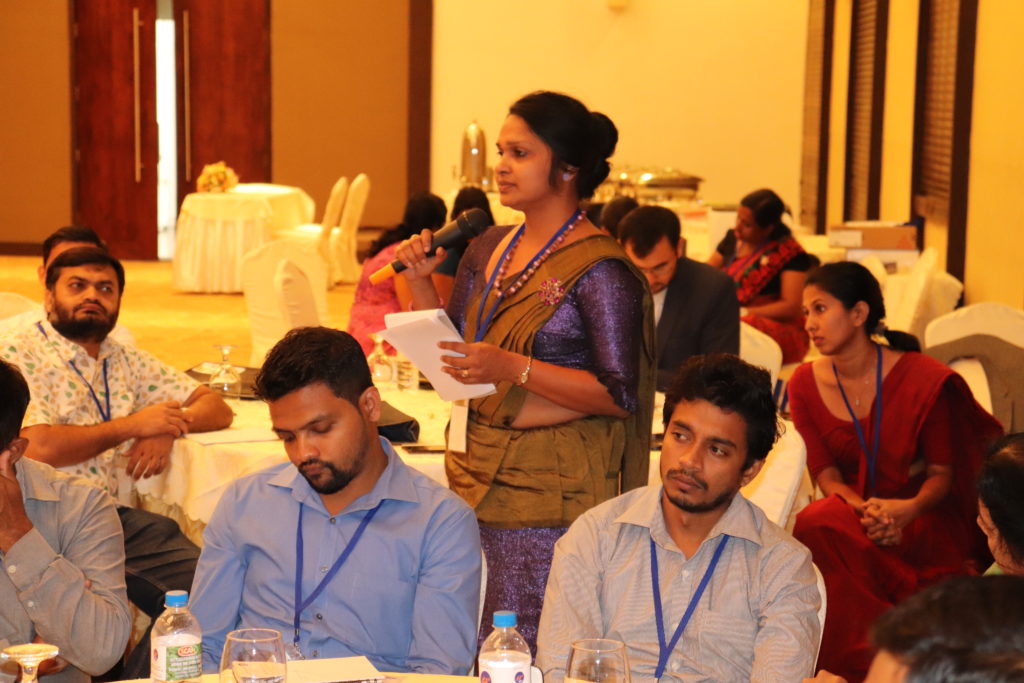The immersive research approach involves groups of researchers living with households in communities for 3-5 days. Researchers learn open-endedly, there are no pre-determined questionnaires or interview schedules, instead they participate in household tasks, wander around and observe, have conversations and are open to surprises.
Time is available to follow up flexibly on whatever is new and relevant, to triangulate and gather viewpoints from a range of different people in a community. After immersions take place researchers come together to analyse findings, start to build a report and develop recommendations for future or ongoing sanitation and hygiene programmes which are reported rapidly back to key stakeholders.
The SLH along with different partners (University of Delhi, WaterAid India and WSSCC) Have conducted 3 immersions to-date in India. Some have been focused on a smaller number of villages while others have engaged students from Universities to cover 58 villages.
The immersive research approach can help illuminate the realities of those living in extreme poverty and unpack some of the real life complexities in communities as well as the dynamics happening around sanitation and hygiene interventions.
This approach allows for meeting and discussions with those often missing in research, for example, elderly people, young children, people with disabilities, marginalised households, women, and migrants and enable a better understanding of who may be being missed out from interventions.
The approach also helps in generating knowledge which is timely, relevant and actionable for informing policy.







